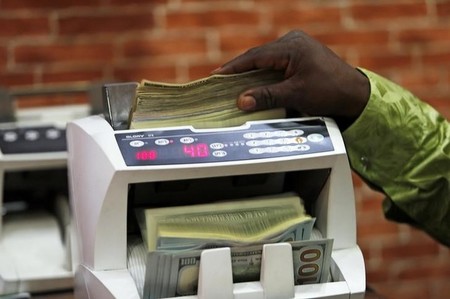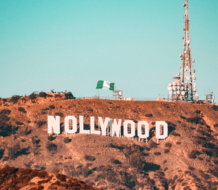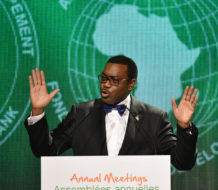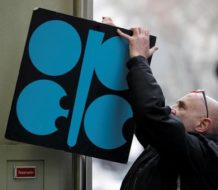By Oludare Mayowa
LAGOS (Reuters) – Nigeria’s central bank must step up efforts to unify the country’s multiple exchange rates to sustain gains in the local currency over the last few months, the head of the country’s exchange bureaus said.
Africa’s biggest economy has at least six exchange rates which include one for Muslim pilgrims going to Saudi Arabia, a retail rate set by licensed exchange bureaus, and a rate for foreign travel and school fees, in addition to the official and black market rates.
Nigeria is battling a currency crisis brought on by low oil prices which tipped its economy into recession and created chronic dollar shortages. It wants to attract foreign investors and strengthen its currency to ward off inflation.
The central bank has been intervening on the official market in the last few weeks to try to narrow the spread between rates on the official market and black market – where the local currency trades around 30 percent weaker. It has sold about $5 billion since February.
The bank opened a currency window in April for investors to trade the naira at rates set freely between buyers and sellers, hoping to increase the amount of dollars available in Nigeria.
“The gradual convergence of the exchange rate on both black market and investor forex window is an opportunity for the central bank to unify rate in all segments of the forex market,” Aminu Gwadabe, president of the country’s Association of Bureaux De Change Operators told Reuters late on Thursday.
Gwadabe said a move to eliminate multiple rates would restore investors’ confidence in the economy and boost offshore dollar inflows, further strengthening the naira.
Central bank spokesman Isaac Okorafor said the regulator would sustain its current efforts to improve dollar liquidity in the market until it was able to achieve currency rate convergence.
The naira was quoted at 365 to the dollar on the black market on Friday, while the local currency was quoted at 372.70 per dollar at the investor window.
The local bourse rose to a two-year high on Wednesday as investors snapped up Nigerian stocks after MSCI increased the country’s weighting in its frontier market index.
Nigeria’s forex reserves grew to around $30.22 billion by June, from $26.44 billion a year ago, as oil production and oil price stabilise in the wake of OPEC and non-OPEC oil output cut deal, analysts have said.
(Editing by Alexis Akwagyiram and Toby Chopra)




